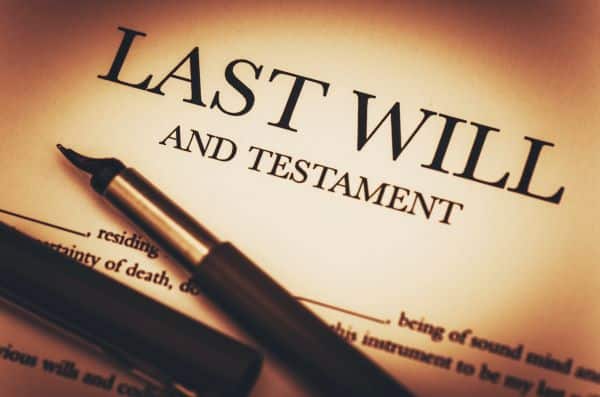


A Will is a legal document that controls where your assets go upon your passing. A Will only controls assets that are in your name alone. The will also has to go through a Court process called Probate to give legal authority to the executor (person who fulfils the directions in the will) at the time of the persons passing. Probate can be an expensive and time-consuming process.
A trust is a document that provides direction as to what happens with the trust assets when a person becomes incapacitated or passes away. Think of a trust like a box. The person holding the box is called the trustee. We put assets inside the box and let the trustee control them. When the person passes away, the trust gives instructions to the trustee as to what should happen to the assets inside the box. It has almost a built in “will” provision. The difference between a trust and a will is that a trust avoids probate and avoids going to court if properly funded. This can save a lot of time and money for the beneficiaries as they would be avoiding a costly probate proceeding.
An Estate is not a simple term to define. We would have to break that down a little further. A probatable or administrative estate, is what is in the person’s name alone at the time of their passing. This means that if there are beneficiaries, or joint accounts, or properties held joint tenants with rights of survivorship they would not pass-through probate or be part of the probatable estate. A gross estate is everything that a person owns at the time of their passing. This includes properties that pass outside of probate.
